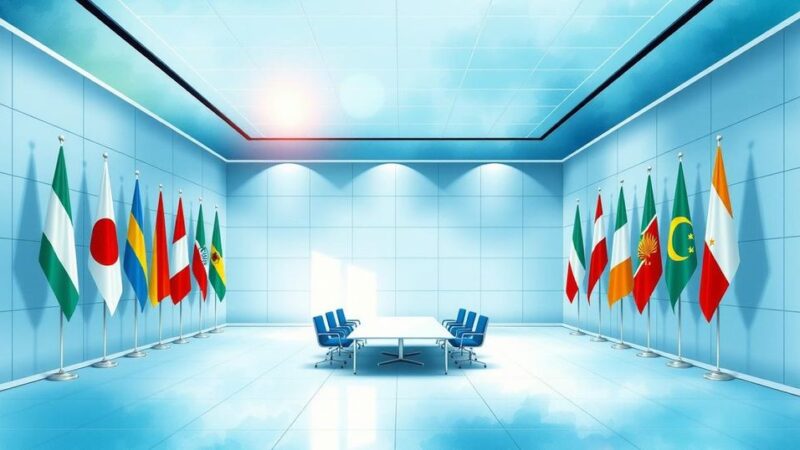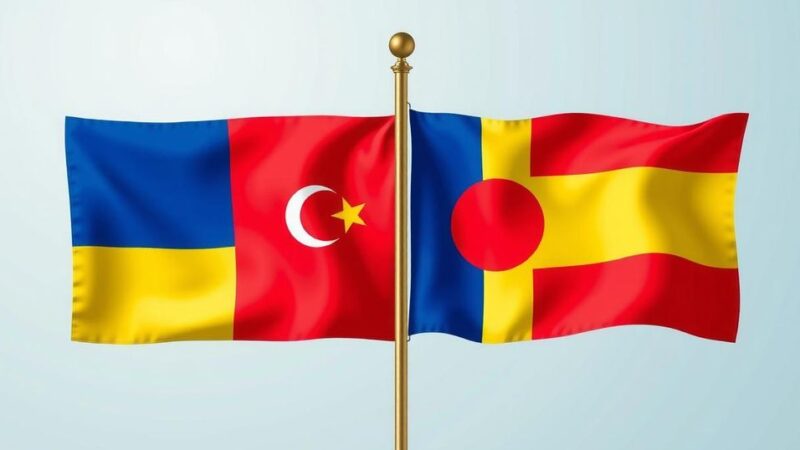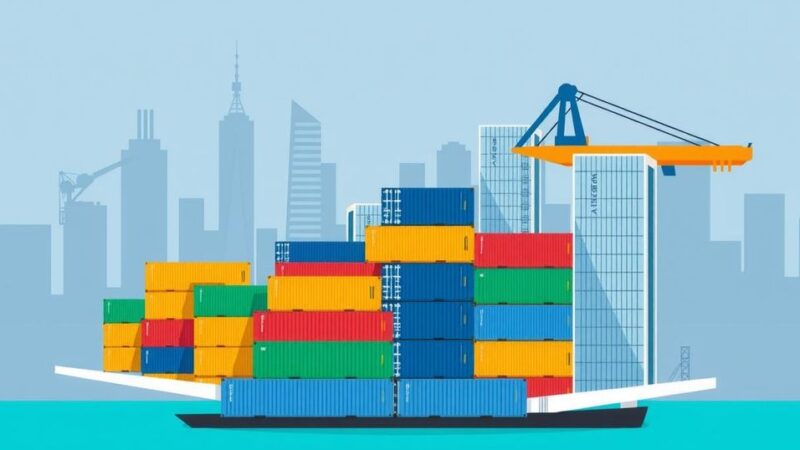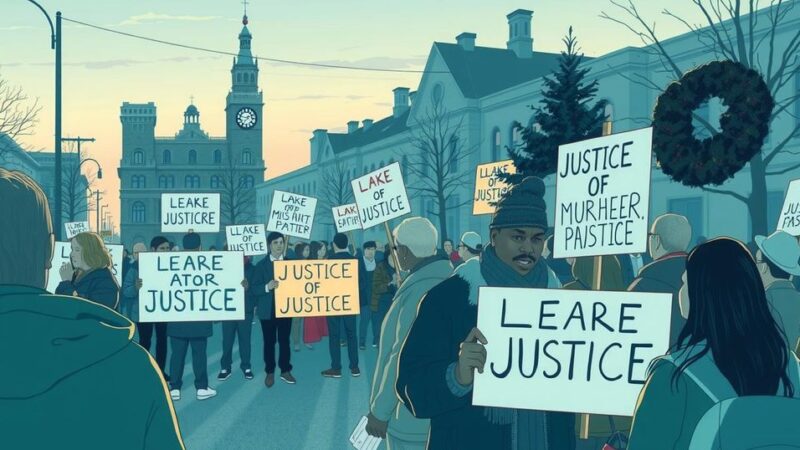The Southern African Development Community has urged for a broader panel of peace facilitators in the DRC, countering Kenya’s proposed list led by President Ruto. The emphasis on inclusivity signals discomfort with Kenya’s dominant role in negotiations. Current discussions also reflect deeper geopolitical dynamics, highlighting the need for balance and consultation in regional diplomacy.
The Southern African Development Community (SADC) has expressed the need for a more inclusive panel of peace facilitators regarding the ongoing mediation process in the eastern Democratic Republic of Congo (DRC), signaling opposition to a list previously proposed by Kenyan President William Ruto. This push for an expanded facilitator panel demonstrates the SADC’s discomfort with Kenya’s unilateral approach and dominant role in the negotiation processes.
During a recent EAC-SADC ministerial meeting held in Harare, while no specific critiques of Kenya’s actions were made, the communique underscored the desire for a comprehensive and representative facilitation effort. The focus on building a more diverse facilitator panel reflects an effort to balance the political landscape in mediation discussions, where Kenya’s assertive stance has been noted.
President Ruto’s initial draft list included high-profile figures such as former Kenyan President Uhuru Kenyatta and former leaders from Nigeria and Ethiopia. However, the list, which bore both EAC and SADC insignias without SADC’s formal endorsement, induced concerns within the Southern African bloc about Kenya’s intentions.
With Kinshasa now advocating for women’s representation and regional balance, SADC is considering former Ethiopian President Sahle-Work Zewde as a candidate for the facilitator role, in place of Hailemariam Desalegn, who is perceived as biased due to perceived favoritism toward Kigali. This proposition indicates a lack of consensus and highlights the need for Kenya to redefine its engagement strategy.
This facilitator debate not only illustrates internal disagreements regarding conflict resolution in DRC but also reflects underlying geopolitical relations. While Kenya aspires to solidify its presence in continental diplomacy, SADC is emphasizing the significance of collaboration, consultation, and equitable representation. The recent meetings rather stress how regional rivalries might detract from efforts aimed at promoting African solutions to its challenges.
In conclusion, the Southern African Development Community has raised concerns over Kenya’s exclusive role in mediating the peace process in the DRC, advocating for a more inclusive and balanced approach. This ongoing debate emphasizes the need for diverse representation in facilitation efforts and reveals broader geopolitical dynamics involving regional rivalries. As the situation evolves, Kenya’s strategic adjustments will likely determine its future influence within the African diplomatic landscape.
Original Source: eastleighvoice.co.ke






